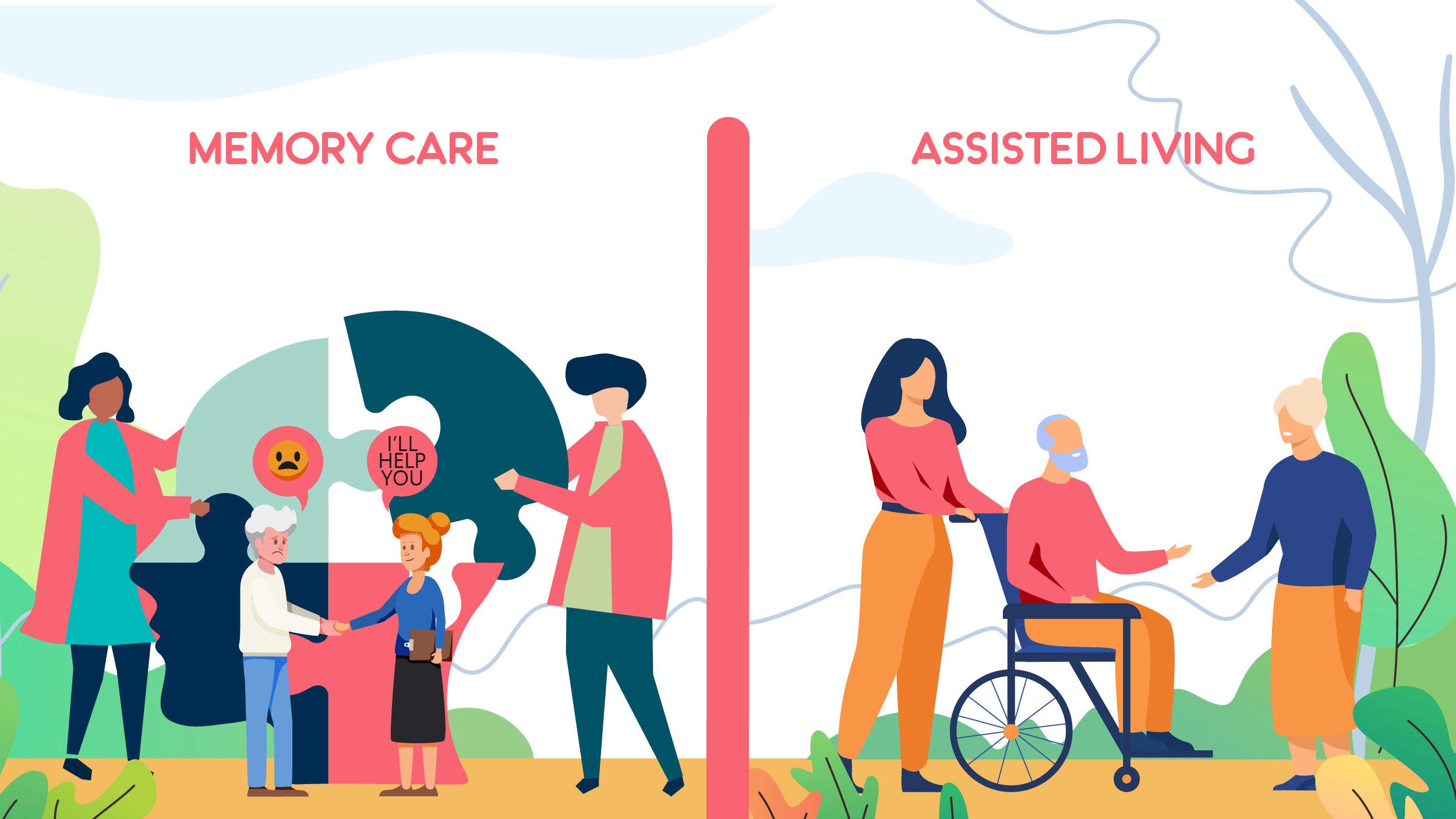Trusted Support and Compassionate Providers for Alzheimers Care Charlotte
Trusted Support and Compassionate Providers for Alzheimers Care Charlotte
Blog Article
Developing a Safe and Encouraging Atmosphere for Alzheimer's Treatment
The production of a secure and supportive environment for individuals with Alzheimer's is extremely important in improving their top quality of life. Discovering these diverse strategies can expose critical understandings right into efficient caregiving techniques that may change the day-to-day experiences of both caretakers and patients.
Comprehending Alzheimer's Needs
Regularly, individuals with Alzheimer's illness show a variety of needs that require customized techniques to care. As the problem advances, cognitive decline manifests in various methods, impacting memory, reasoning, and also the capability to carry out day-to-day tasks. Caretakers have to identify these evolving needs to supply proper assistance and make sure a higher high quality of life for those impacted.
One critical facet of understanding Alzheimer's demands is recognizing the relevance of routine and experience. People usually discover convenience in well established patterns, which can decrease stress and anxiety and confusion. Caretakers need to strive to develop structured day-to-day routines that incorporate purposeful tasks aligned with the individual's abilities and passions.
Furthermore, efficient interaction is vital. Individuals with Alzheimer's might have a hard time to share themselves or comprehend complicated language. Caregivers need to use easy, clear language, use non-verbal hints, and practice active listening to cultivate understanding and connection.
Caregivers should urge involvement in area activities or family gatherings, advertising a feeling of belonging and function. Recognizing these diverse demands is vital for producing a supportive care setting.
Designing a Safe Home
Creating a risk-free home for people with Alzheimer's condition is important to advertising and minimizing threats freedom. Make certain that pathways are clear and well-lit, as proper lighting minimizes disorientation and boosts movement.
Incorporating adaptive attributes is additionally crucial. Mount grab bars in restrooms and near stairs, and take into consideration utilizing non-slip mats in damp locations. In addition, making use of different shades for floors and wall surfaces can aid in identifying areas, aiding to reduce complication.
Familiarity is essential for individuals with Alzheimer's. Customizing the environment with familiar items and photos can reinforce a feeling of belonging and safety - Alzheimers Care Charlotte. It is also useful to have a designated area for day-to-day tasks, such as analysis or crafting, which can offer framework to their day
Lastly, carrying out a secure outdoor area permits safe exploration while linking with nature. By attentively making the home setting, caretakers can substantially boost the top quality of life for individuals living with Alzheimer's illness.
Enhancing Interaction Skills

Non-verbal communication, including face expressions, motions, and touch, plays a vital function in conveying compassion and see here now understanding. Preserving eye get in touch with and a calm demeanor can boost the comfort degree of the person, promoting a sense of safety and security.
Additionally, it is very important to practice energetic listening. This includes being fully existing, showing perseverance, and enabling the person to share themselves without disruption. Repetition might be necessary; caretakers ought to be prepared to revisit inquiries or topics, as people with Alzheimer's may battle with memory recall.
Furthermore, making use of aesthetic aids or cues, such as photos or acquainted objects, can promote recognition and engagement. Inevitably, boosting communication skills is regarding building depend on and producing an environment where people feel heard, valued, and recognized, thereby enriching their lifestyle.
Motivating Social Communication
Cultivating meaningful social interactions can substantially enhance the health of individuals with Alzheimer's disease. Involving with others not just assists fight sensations of seclusion however also boosts cognitive feature article and emotional wellness. Structured social tasks, such as group arts, crafts and video games, or songs therapy, develop possibilities for locals to get in touch with peers and caretakers, which can result in improved mood and lowered anxiety.
Creating an inviting setting that urges socialization is essential. This can be accomplished by arranging communal rooms that help with communication, such as comfy seating areas or task spaces. In addition, integrating culturally appropriate and acquainted activities can encourage and trigger memories involvement, enabling people with Alzheimer's to feel more connected to their past experiences.
Additionally, caregivers need to be educated to recognize and advertise social interaction among homeowners. By prioritizing social interaction, we can dramatically enhance the lives of those living with Alzheimer's, fostering a feeling of community and belonging.
Sustaining Caregiver Health

To sustain caretakers, organizations ought to use normal training and educational sources to boost their understanding of Alzheimer's disease and caregiving methods. Supplying accessibility to reprieve care services allows caregivers to take required breaks, minimizing stress and anxiety and fatigue - Alzheimers Care Charlotte. Additionally, promoting a neighborhood with support system can promote psychological sharing and the exchange of practical recommendations amongst caretakers, producing a network of mutual assistance
Psychological health resources, such as counseling services, can likewise be important in addressing the emotional toll caregiving can take. By prioritizing caretaker wellness, we create a more lasting caregiving atmosphere that not only benefits the caretakers themselves however likewise enhances the general high quality of care gotten by individuals with Alzheimer's. Eventually, sustaining caretakers is a necessary element in promoting a effective and caring treatment setting.
Verdict
Finally, the development of a supportive and secure setting for people with Alzheimer's is important to improving their high quality of life. By prioritizing safety and security via thoughtful layout, cultivating psychological well-being with acquainted components, and promoting involvement with structured routines, caretakers can considerably impact the total experience of those impacted by this condition. In addition, supporting caretaker wellness is essential, as it inevitably adds to a more reliable and compassionate treatment atmosphere.
Repeating might be required; caretakers should be prepared to review inquiries or topics, as individuals with Alzheimer's might struggle with memory recall.

Report this page